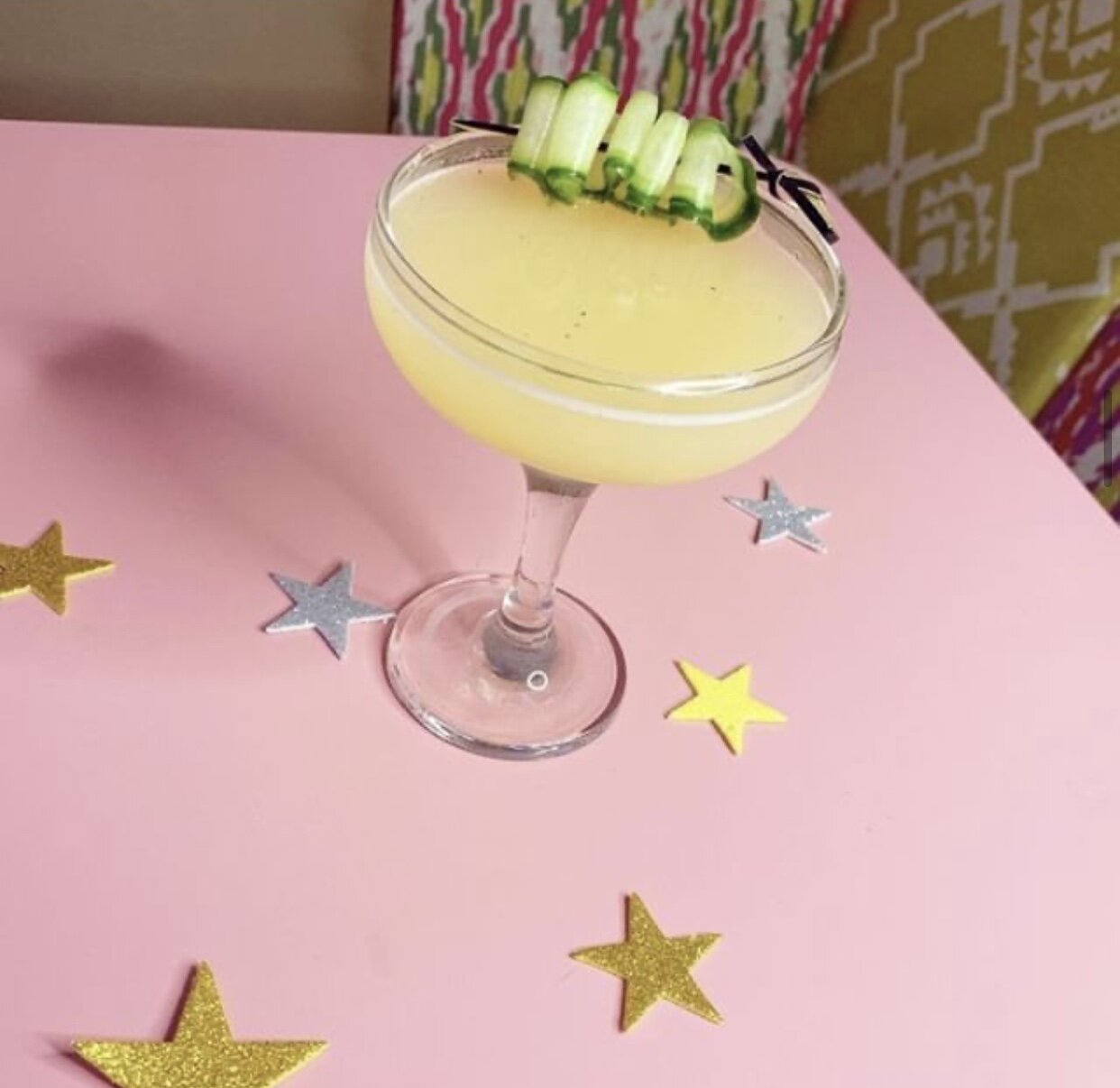'Alconormativity' and Transitioning from Tequila to Teetotal
In an age where not drinking is praised by some as an impossible feat, we’re looking at the impact a society consumed by alcohol really has …
Words: Roshana Wickremasinghe
Image: DrinkShopDo
‘Let the fun be-GIN’.
‘A banana has 108 calories. A gin and tonic has 91 calories. Enough said.’
‘Today’s forecast: 99% chance of wine’.
‘You’re gin-credible!’.
‘Prosecco is for life, not just your birthday’.
A hilarious and highly relatable selection of birthday cards available today, or a worrying insight into our casual approach to alcohol consumption?
Over the past couple of years, I have thought nothing of a receiving a birthday card referencing my fondness for tequila or interest in gin. Countless messages jokingly warning to ‘not get too shit-faced tonight!’ or ‘hope the hangover isn’t too bad!’ seemed the norm in my late teens and early twenties. These are now a rare sight due to my recent choice to turn to sobriety, following years of binge drinking, numerous hospitalisations and an ultimately unhealthy relationship with alcohol.
Since giving up drinking, everyday seems to bring something of an epiphany. I no longer feel the compulsion to mask my insecurities with alcohol. I will never experience a hangover again. I will no longer kiss boys in clubs whom I would really rather not kiss. However, the biggest revelation has been the reshaping of my views on society’s relationship with alcohol.
When I gave up drinking, I was determined to not turn into some preachy, Gwyneth Paltrow figure, frequently displaying my virtuous lifestyle habits and judging those who indulged in a Friday night pint of Amstel. And to an extent, this hasn’t happened (although I do love my Saturday morning hangover-free yoga classes at 8am and will post advertise this on my Instagram complete with smug time stamp), but I find it difficult now to not question how normative we make consuming alcohol in British society.
And so, I discovered what I have termed alconormativity.
Alco-normativity (noun). Definition: the belief that consuming alcohol is the norm or default in society.
Since giving up drinking, I have to tell or ‘disclose’ to people that I do not drink, as it is considered the normal behaviour. I have to explain in detail the reasons behind my lack of consumption. I am the odd one out for not indulging in this specific activity. Over time, talking to friends about my decision not to drink has become easier, however it is the overwhelming presence of drinking as a culture or a common hobby that I have found jarring if anything.
A short stroll through any high street shops will immediately evidence this phenomenon. Countless birthday cards referencing the joys of prosecco, door mats proclaiming, ‘come in if you have gin’, kitchen wall art hilariously stating ‘Gym? I thought you said gin!’ were once cringy objects for any middle-class household, now are a troubling indication of how normal we have made the consumption, often excessive, of alcohol.
Now I don’t think these should be banned or considered anything other than a slightly tacky home décor option, but I do struggle to understand how we do not see the message this is projecting to society. When I was younger, I thought it was normal to consume a bottle of wine before a night out, partly because of my own addiction, but also because I saw this reflected in the media and the culture around us. I was certain that I wasn’t an alcoholic because we constantly casually reference hangovers and black out nights of drinking as being a part of adulthood.
Whilst I fully believe that our attitudes to alcohol are changing, with countless alcohol-free options in bars and pubs, more and more young people reducing their consumption and discussion of abstinence frequently gracing women’s magazine think pieces, little seems to be done to reduce this alco-normative nature of our society. More than ever, shops seem to be teaming with alcohol-based products and gin seems to be the popular hobby of the moment, but we do need to start challenging this hegemonic belief.
Let the questioning of our societal values and normative culture of binge drinking be-GIN.

